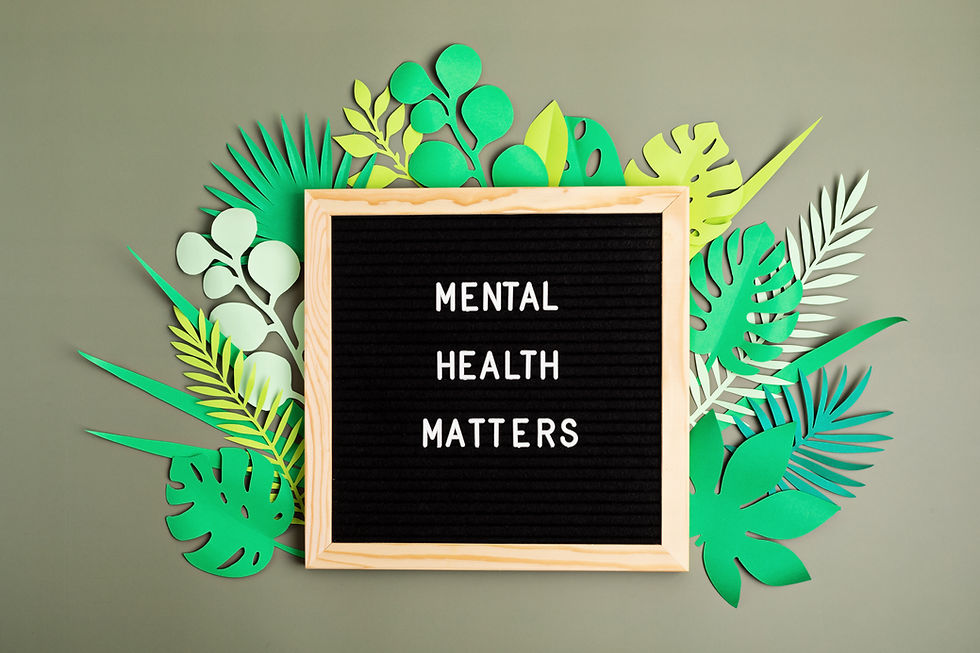Revolutionizing Pediatric Primary Care: The Game-Changing Collaborative Mental Health Model You Didn't Know About
- Colleen Mckay
- Sep 24, 2024
- 2 min read
In today's world, where mental health is increasingly recognized as one of the most crucial aspects of overall well-being, it is alarming to note that mental health disorders affect 1 out of every 4-5 children and adolescents in the US alone. These disorders not only impact individuals but also contribute significantly to years of life lived with disability globally. The economic burden is substantial, with estimated treatment costs for pediatric mental health conditions reaching a staggering 12 billion.

The Current State of Pediatric Mental Health
The ripple effects of untreated mental health issues are profound, manifesting in undereducation, underemployment, and high representation in juvenile justice, child welfare, and social service systems. Shockingly, less than half of youths diagnosed with a mental health disorder receive the necessary treatment, creating a gap that urgently needs addressing.
The Collaborative Mental Health Care Model
But there's hope on the horizon! A revolutionary approach known as the collaborative mental health care model is transforming pediatric primary care as we know it. By fostering collaboration between primary care centers and mental health specialists, this model aims to provide individualized, longitudinal, trusting, empowering, family-centered, and prevention-oriented care to young patients facing mental health challenges.
Benefits of Collaboration
Individualized Care : Tailored treatment plans are developed for each child, ensuring their unique needs are met.
Longitudinal Care : Continuity in care helps build strong relationships between patients and healthcare providers.
Trust and Empowerment : Patients are empowered to take control of their mental health under the guidance of a trusted medical team.
Family-Centered Approach : Involving families in the care process enhances support systems for young patients.
Prevention-Oriented Care : Early intervention can prevent the escalation of mental health issues, promoting overall well-being.

Making a Difference, One Child at a Time
Through the collaborative mental health care model, children and adolescents grappling with conditions like anxiety, ADHD, and depression now have access to comprehensive and holistic care that addresses not just their symptoms but also the underlying factors contributing to their mental health struggles. By breaking down barriers between primary care and mental health services, this model is bridging the gap in mental health treatment for young individuals.
The societal impact of this collaborative model extends far beyond the confines of the healthcare system. By equipping young patients with the tools they need to navigate their mental health journey, society as a whole benefits from empowered individuals who are better equipped to lead fulfilling and productive lives.
Conclusion
As the statistics paint a stark picture of the mental health landscape among children and adolescents, the collaborative mental health care model emerges as a beacon of hope and change. By revolutionizing pediatric primary care and prioritizing mental health, we are laying the foundation for a healthier, more resilient future generation. Let's continue to champion initiatives that put the well-being of our youth at the forefront, ensuring that no child faces mental health challenges alone.



Comments